
Across North America, spring and summer mean that it’s time to buy new plants for the garden, and while there are plenty of great nurseries and garden centers, real plant enthusiasts know that treasures are often to be found at independent plant sales. Here in the Northeast, we are blessed to have more than a few that are worth traveling to, even if it involves getting up early to commute a few hours or even booking a room somewhere.
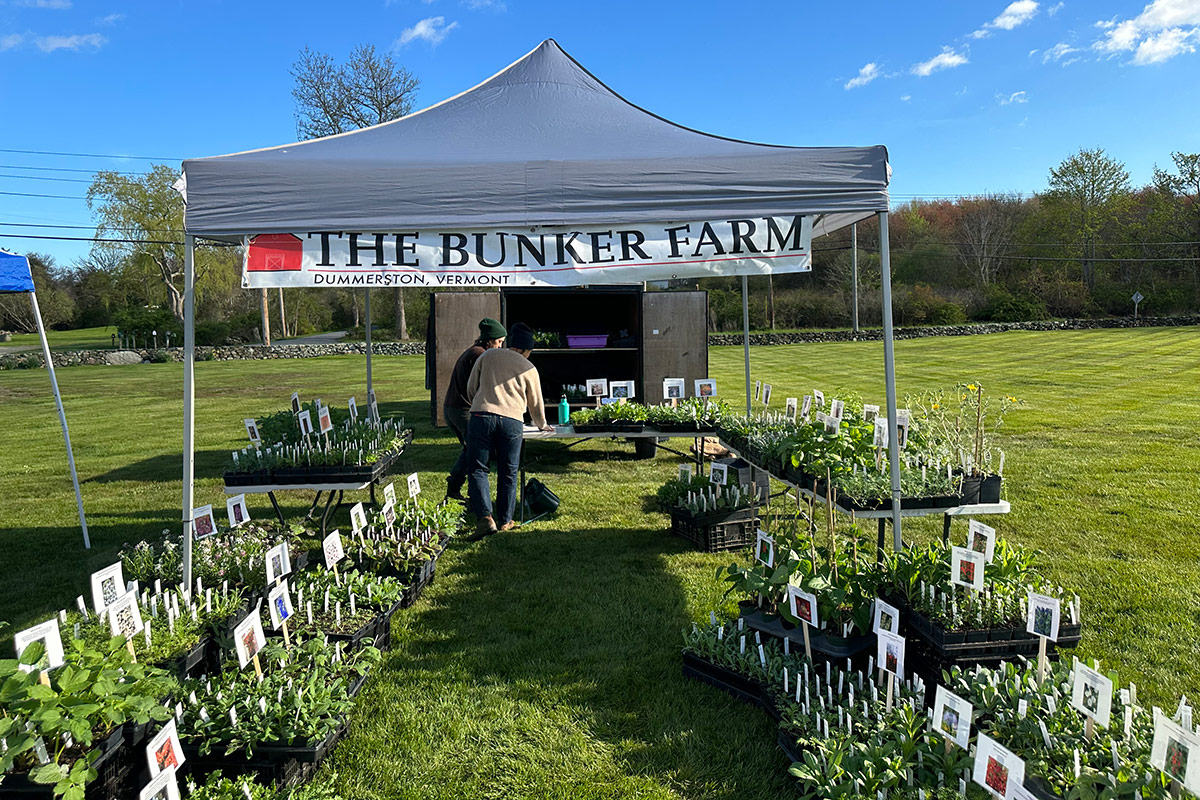
Plant sales may come from many different sources
Plant sales come in all sizes, from those hosted by big botanic gardens to small, local ones put on by gardening clubs or associations that give backyard growers and micro-nurseries a chance to share their plants. And since plant people tend to be well connected, these smaller plant sales often evolve to become annual social events, bringing together garden writers, book authors, garden designers, and plant collectors.
Plant fairs held in the Northeast
The latest and perhaps the hottest plant sale on the scene is, in my opinion, the Sakonnet Plant Fair, now in its second year. Held in May in the quaint and tiny coastal village of Little Compton, Rhode Island, this plant sale hosts a number of impressive choice nurseries and plant people invited to sell their plants there.
Luckily, the Sakonnet Plant Fair fits into the established social calendar of plant sales in the Northeast, which starts with the Galanthus Gala held in eastern Pennsylvania in February and closes with the Hollister House plant sale held in September in Connecticut. But in between there are about a dozen excellent plant sales, such as the Stonecrop Plant Sale in late April in New York and Trade Secrets in May in Connecticut. I consider Trade Secrets the grande dame of plant sales, as it also features garden antiques and sculptures. The newer Sakonnet Plant Fair is appealing because it is focused entirely on the plants, which is OK with me.
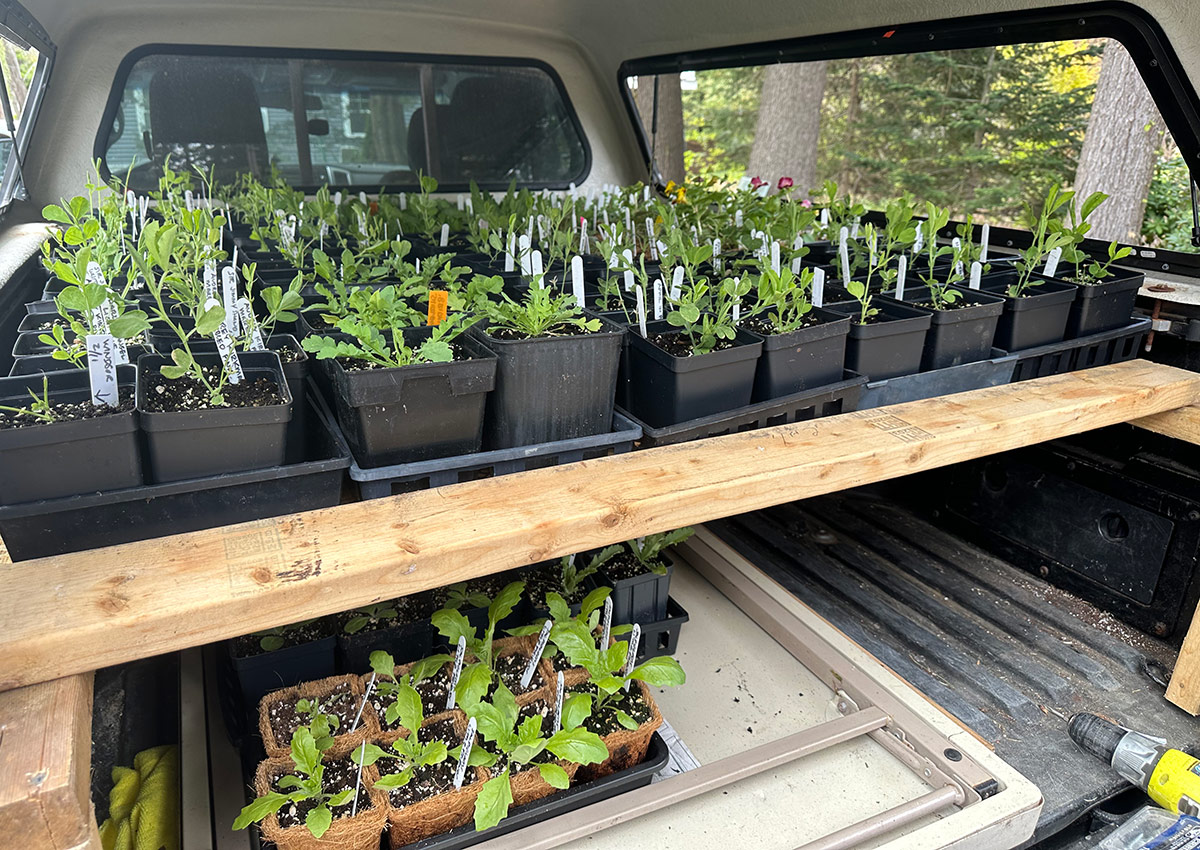
Tips for shopping at plant sales
If you’ve never attended one of these plant sales, here are some guidelines to help you get the most out of the experience.
- Be sure to bring extra flats or trays to carry plants in. One can quickly find oneself overwhelmed with many plants to hold and carry around, and you don’t want to waste any time running back to the car. Vendors often don’t have extra flats or bags.
- Bring a cart. Let’s be honest—these are impulse-buying events, and competitive ones at that. You can’t approach a plant sale as if it’s your local garden center, meaning that a shopping list will get you nowhere. Vendors often bring their best or most special plants, and there may only be one of each available. There will be no time to run back to your vehicle. Look the wrong way, and that double trillium or violet-leaved speckled epimedium will disappear. So bring a cart and get over how silly you might look pulling that red wagon. I promise you won’t be alone.
- Get there earlier than the event opens, but be prepared to wait. Most plant sales open exactly when listed, but there will be a crowd, if not a long line. You’ll want to be at the head of the line. No dilly-dallying, or you’ll miss out.
- Pony up for the often pricier early admission ticket if it’s offered. These tickets are often expensive, but if you can afford it, getting to shop for an hour before everyone else is allowed in may mean the difference when it comes to getting those special finds. Trust me—you’ll feel good that a portion of the higher price for these tickets often goes to a charity.
- Bring cash. While many vendors now accept credit cards, nothing beats good-old cash. You should be prepared because you know that the one time you spot that plant that you absolutely must have and that you’ve been looking for for five years, it will be sold by the one vendor that only accepts cash.
Do your research about local plant sales in your area, or consider making the drive to ones farther away. The effort will be worth it when you end up with special acquisitions you couldn’t find anywhere else.
For more Northeast regional reports, click here.
—Matt Mattus is the author of two books: Mastering the Art of Flower Gardening and Mastering the Art of Vegetable Gardening. He gardens in Worcester, Massachusetts.
Photos: Matt Mattus


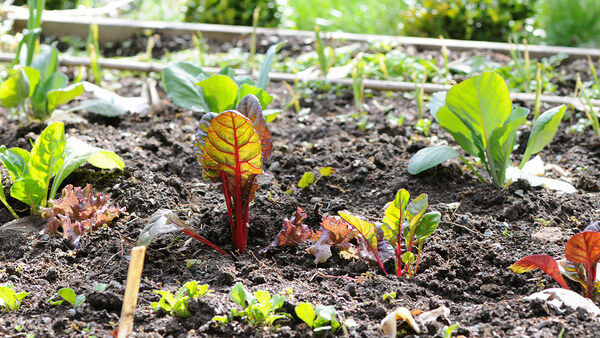
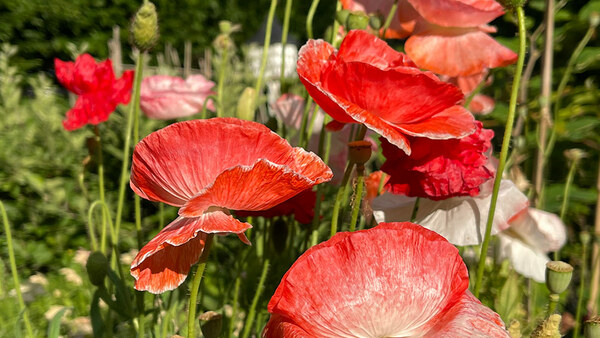
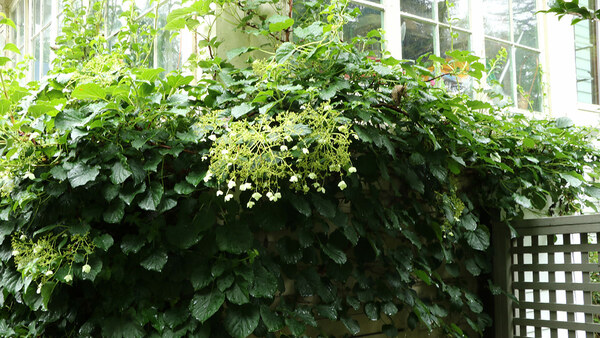

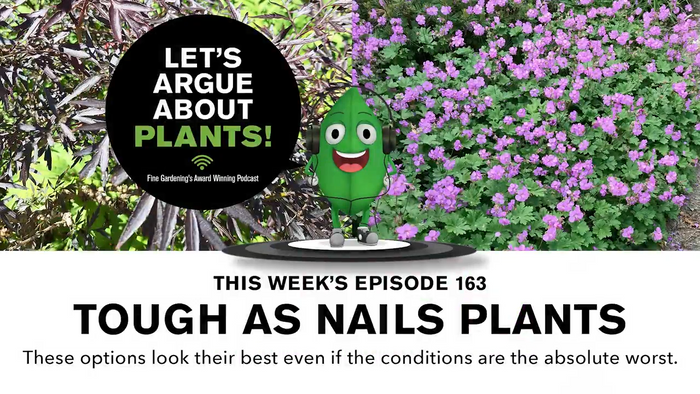
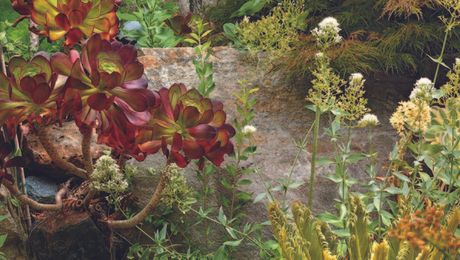
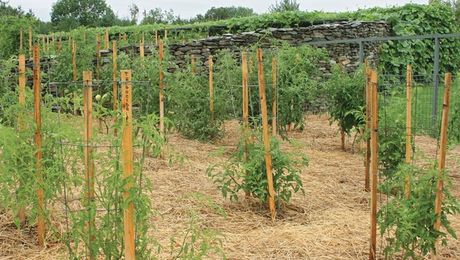









Comments
Log in or create an account to post a comment.
Sign up Log in